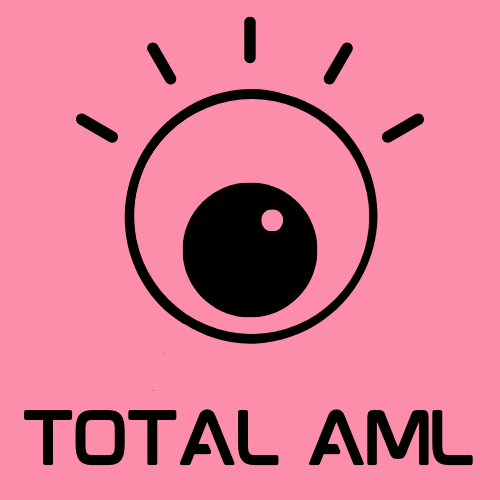Virtual Asset Providers
After the introduction of “virtual assets” in the AML/CFT regime, the Department of Internal Affairs (DIA) has issued guidance on virtual asset service providers (VASPs). Here are the key takeaways.
Effective 1 June 2024, a virtual asset to virtual asset transfer and a virtual asset to fiat currency transfer (or vice-versa) are to be considered wire transfers. This definition includes a transfer of the same type of virtual asset from one wallet to another, but it does not apply if the transfer of a virtual asset is to a non-hosted/self-hosted wallet without any other VASP involved.
As a VASP, you will be an ordering institution when you receive or hold fiat currency or virtual asset for a customer, and on instructions of that customer, transfer the fiat currency or virtual asset to a beneficiary/payee at another reporting entity. You would be a beneficiary institution when you are a VASP who receives funds and then makes those funds available to a person (the payee) by crediting it to an account held by the payee or paying it to the payee. You would rarely be an intermediary institution.
You may need to comply with two sets of wire transfer requirements in relation to the same dealings with a customer. For example, you receive a virtual asset from a customer in a wallet, alongside an instruction from the customer to exchange this for a different type of virtual asset and transfer it to a wallet hosted by another VASP. You would be a beneficiary institution of the inbound transfer of virtual assets and an ordering institution of the subsequent transfer of the different virtual assets to the wallet.
A PTR must be submitted for an international wire transfer of $1,000 or more, i.e., for a transfer where either your customer, any other party to the transaction (i.e. the payer/originator or beneficiary/payee) and any other financial institution or VASP are outside of New Zealand. You should have procedures, policies, and controls in place to determine the circumstances in which you can be satisfied that all parties are in New Zealand and record such assessment. If in doubt, the wire transfer should be treated as an international wire transfer.
Here the link to the guidance.
Get in touch if you wish to discuss your requirements.
